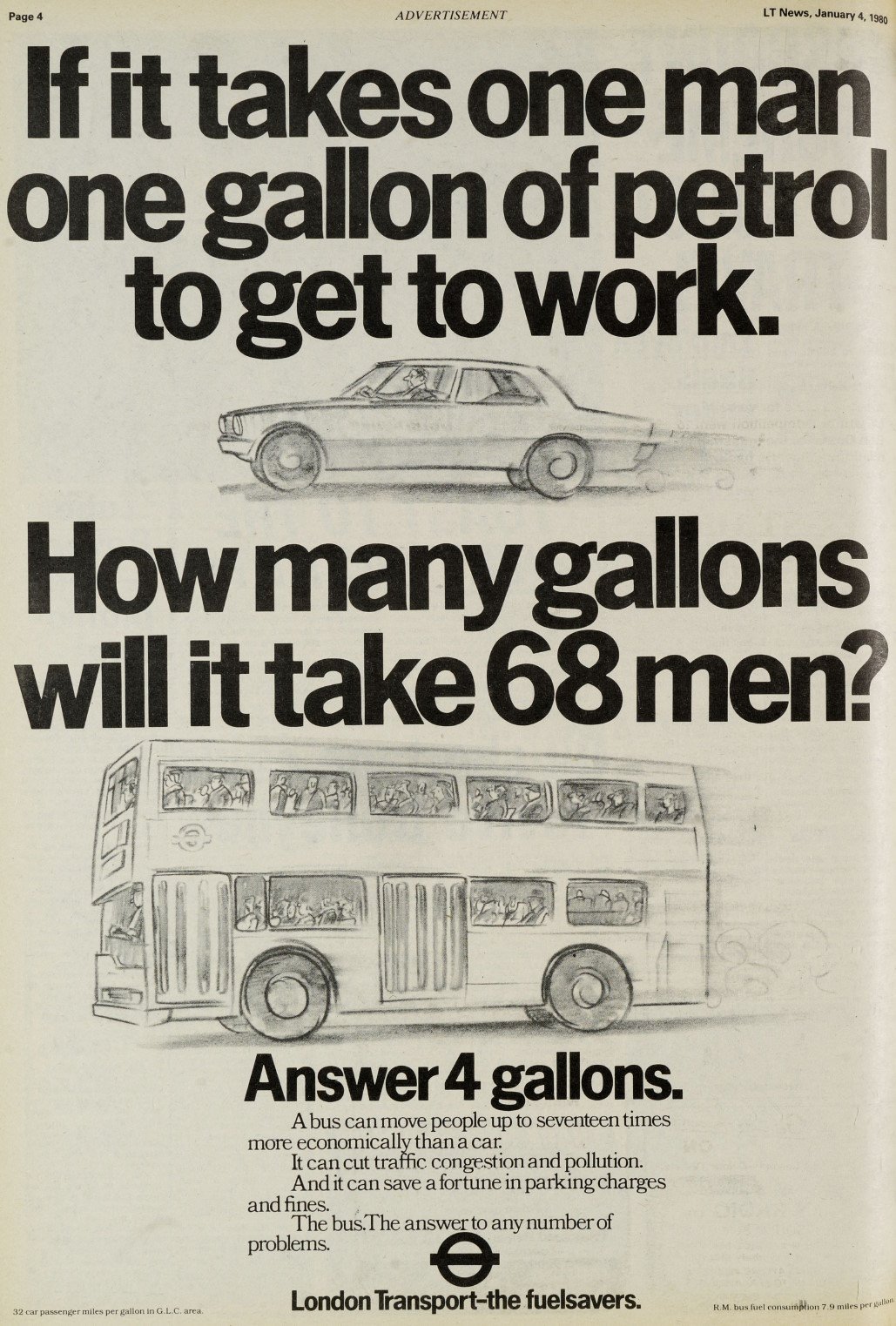Fuck Cars
A place to discuss problems of car centric infrastructure or how it hurts us all. Let's explore the bad world of Cars!
Rules
1. Be Civil
You may not agree on ideas, but please do not be needlessly rude or insulting to other people in this community.
2. No hate speech
Don't discriminate or disparage people on the basis of sex, gender, race, ethnicity, nationality, religion, or sexuality.
3. Don't harass people
Don't follow people you disagree with into multiple threads or into PMs to insult, disparage, or otherwise attack them. And certainly don't doxx any non-public figures.
4. Stay on topic
This community is about cars, their externalities in society, car-dependency, and solutions to these.
5. No reposts
Do not repost content that has already been posted in this community.
Moderator discretion will be used to judge reports with regard to the above rules.
Posting Guidelines
In the absence of a flair system on lemmy yet, let’s try to make it easier to scan through posts by type in here by using tags:
- [meta] for discussions/suggestions about this community itself
- [article] for news articles
- [blog] for any blog-style content
- [video] for video resources
- [academic] for academic studies and sources
- [discussion] for text post questions, rants, and/or discussions
- [meme] for memes
- [image] for any non-meme images
- [misc] for anything that doesn’t fall cleanly into any of the other categories
Recommended communities:
view the rest of the comments

While I agree with the comparison in the post, the trolleybus powered by renewable energy shouldn't be compared to gas cars.
It should be compared to electric cars powered by renewable energy.
I disagree, the bus is still replacing the purpose of the gas cars. The bus should just be compared to both gas and electric cars.
It is easier and cheaper to make one larger electric vehicle than 68 smaller ones, and they would damage the road less too. Of course this kind of comparison between two different things is inherently very difficult to do fairly
Trolleybuses are much lighter, cheaper and reliable than regular electric bus or car. Also: a car is still a car.
Ik that ttolleybuses are better than electric cars in carbon footprint, traffic, etc. I'm just proposing that we compare things with the same power source together. It makes more impact to say that an electric trolley is x% better on y metric compared to electric cars, than to say they are x% better than gas cars.
Imagine a situation where you say electric trolleybuses are superior to gas cars for reasons x, y, and z on xcretion or speddit. Then some elon musk bootlicker or big oil bootlicker replies to you saying "what about electric cars" or "what about gas buses"? You craft a meticulous reply about why gas buses are better than electric cars. But it's too late. Thousands of lurkers saw the bootlicker's reply to you but will never see your rebuttal. Many of them are now more against public transportation.
Nope, a car electric or not creates multiple issues like urbanism, pollution (i.e: noise, visual, microplastics), hotspots, hostiles environment like parking lots, increase deaths rates, consequences on flooding, etc.
A lot of them can be solved with public transportation.
How are buses still not better? The ratio of individual people being moved to total mass being moved is better. The maintenance and insurance fees are collective. The driver of the bus is a trained professional vs some rando commuter.